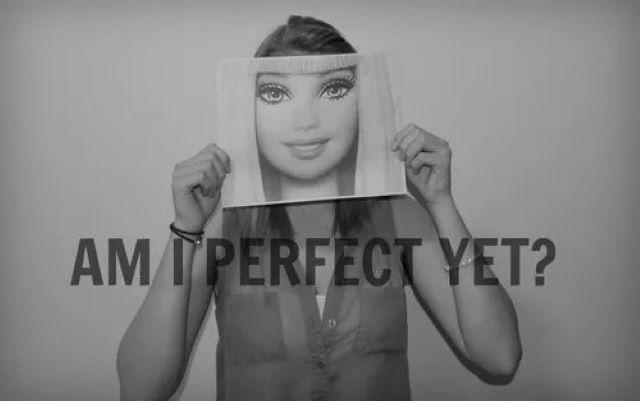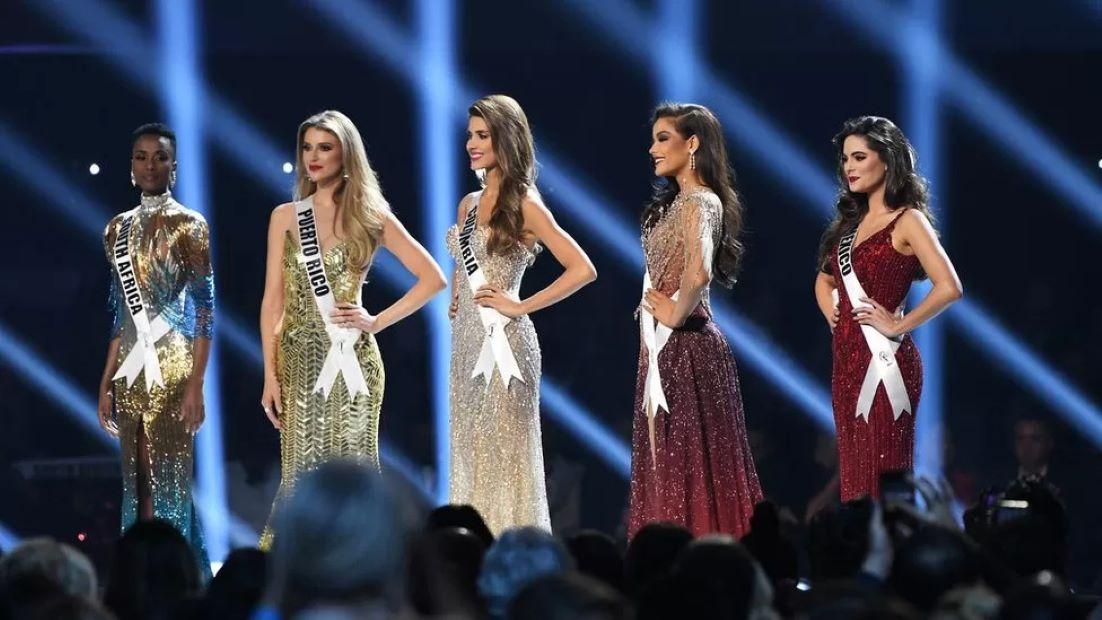By Georgia Rousta,
It is January 14th, 2023 and the new Miss Universe is being crowned. The crowd is applauding, the winner of the pageant is shedding tears of happiness, and the other nominees are clapping happily despite their disappointment for their loss. Beauty Pageants have been in the life of women from a very early stage. As toddlers wishing to attend in the future and being thrown into the industry early on via child pageants and normalizing them through corresponding reality shows (such as Toddlers & Tiaras), as teenagers aspiring to become one of the nominees and sickly striving to look like them, as adults reminding us of what we are not and could never be.
Looking back in history, pageantry dates back to the social events similar to balls, where many young people went to find a partner, or even before that to different gatherings where girls and women would dress up and get together in hopes of a man considering them good enough to make them their wives. Officially, though, the first beauty pageant – in the sense that we use it today – took place in 1921 in Atlantic City, New Jersey, which elected the first Miss America, Margaret Gorman, who was 16 at the time. Although it is believed that pageant contests were a way of empowering and freeing women, the “Atlantic City’s Inter-Beauty Contest” was a business idea to extend the tourism season by having beautiful women in bathing suits on display.

Over the years there have been some changes in the contests such as the addition of questioning the candidates on different topics so as to not only fixate on their physical appearance but also allow them to present some aspects of their character and beliefs. Yet, many fail to understand the empowerment that beauty pageants have to offer. The concept of various women preparing for a competition whose sole purpose is to judge them based on how they look with clothes on, minimal or more, and the answers that they give to limited questions are all in all far from empowering. Limiting one’s self to just their external traits, especially only on the days when the competition is taking place, and to just a few minutes when they have the chance to show some internal characteristics is no way to voice their caliber. It is more equivalent to a nameless body exhibition than an opportunity to advocate for oneself.
Other than the minoring of the pageant contestants’ own selves, the negative effect is sure to travel to the viewers, as well. In contradiction to the nominees, who, at least, feel confident enough to attend the competitions and have social acceptance based on their appearance, the ones watching the show come from totally different racial and social backgrounds.
It is non-negotiable that the standard beauty contestant has a face agreeing to the social expectations of attractiveness in addition to a body strictly sculpted to fit the pageant mold and a mind and voice trained to know the correct answers to the questions. And if you do not know the answer and are considered beautiful enough, you may have a chance to go on in the competition, nevertheless. It is evident that the picture of women that such shows paint is far from reality creating an artifact idea of what a woman should be. Such a view, though, results in many women struggling with their body image and self-worth submerging them in a vicious cycle of self-inferior mentality and self-hatred.

Another interesting factor of beauty pageants is the idea that they promote not having to be educated, generally, and opinionated if you are good-looking enough. That latter one is enough to get you through life comfortably or generally without many setbacks. Although in recent years, this ideal has lost its dynamic, its stigma still withholds and is engraved into the minds of many. Yet, beauty privilege is not an issue concerning only beauty pageants but more of a societal one, which is interesting to be elaborated on separately.
Nevertheless, beauty pageants can also be a fun activity as well. Provided one is comfortable with themselves and self-image, beauty competitions can transform into an entertaining way of spending one’s time and even inspiring one to achieve potential goals that they yet have not gotten to achieve. As mentioned above, pageants have the tendency to encourage beauty privilege, but they can also work as proof that pretty does not cancel out being smart. It is a popular social belief that people who are considered to be beautiful are most likely not to have invested much in their education and not have given much thought to their personal beliefs in different social and world matters.

Although that social construct possibly has been magnified by the picture that beauty pageants paint, in some cases beauty pageant contestants were able to debut this prejudice. I feel it is important to point out, though, that relevant competitions do not allow their contestants to expand on their arguments due to the limited time they are given to answer. That being said, even though some women are competing and representing both the beauty of one’s appearance and the beauty of education, they are cut short of their opportunity and effort to appeal to both by the competition’s restrictions.
In retrospect, what matters most is whether beauty pageants do more harm than good. It is interesting that in a world where feminism is fighting so strongly to diminish any sexist acts, such happenings preserve – and in such a stubborn way. On the other hand, one of the core principles of feminism is having the freedom to do and be however one prefers. So, what is the answer to whether beauty pageants are enemies of feminism or not? Whichever the answer may be, pageants withstand in time as one of many sexist acts of humanity from their beginning to the stigma that still conserves around them turning a blind eye to some of their tries to become more inclusive.
P.S. After watching this year’s Miss Universe Competition (how else would I be able to write this article) what really caught my attention were some qualifications of the women able to sign up. Until last year, married women, mothers, and pregnant women were not allowed to participate in the competition. Furthermore, the competition’s age limit is 28 years old. These regulations are proof of, once again, societal preference for young, single, and desirable women. After all, the winner of the competition is to be crowned as Miss Universe. Provided a married woman wins next year’s pageant, will she be crowned as Mrs. Universe, or has there come a time when a person should not be identified by their relationship-marital status?
References
- 71st MISS UNIVESE – Top 5 QUESTIONS!, Miss Universe. YouTube.com (2.37-2.35). Available here
-
Crowning Glory: A Sociological Study of Gender in the Beauty Pageant System, Lee Taylor. egrove.olemiss.edu. Available here




